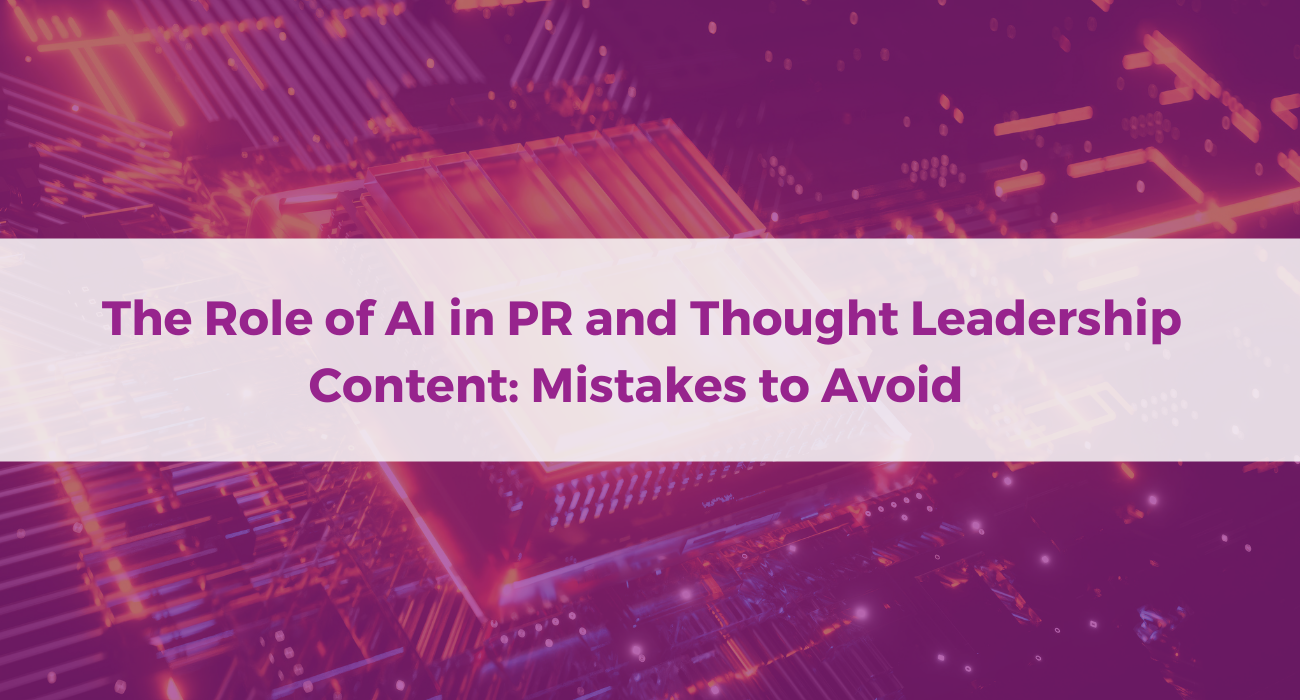
The Rise of Automation: the Robots are coming, look busy!
Once a creation of futuristic sci-fi films and dystopian novels, the automation revolution is set to transform our lives and disrupt every industry in a way that some experts would argue, we aren’t prepared for. Automation and AI were perhaps some of the biggest buzzwords of 2017 – but was it just a peak in the hype or will 2018 see bigger developments in the automation race?
Ready for AI?
In a recent poll conducted by YouGov, it is predicted that four million jobs in the British private sector could be taken over by robots within the next decade with roles in finance, accounting, media, transport, distribution and advertising just some of the jobs that are the most likely to be automated.
Whilst on the surface it sounds like the concepts from blockbuster films iRobot and Blade Runner may be becoming a reality, there is a heavy line drawn into the sand when it comes to supporters and those who are sceptical of the impact of artificial intelligence on the job market.
Supporters of the AI revolution will look to the past to support their message, arguing that history shows technological advancements over the years have led to far more jobs being created than destroyed. It’s true that since the Industrial Revolution, developments in farming technology and steam engines, to the introduction of computers in offices and machines in factories have been met with scepticism.
However, in reality, AI advocates would argue that automation of roles results in faster and cheaper production, therefore increasing the need for employees to undertake other roles that have not been automated such as managing multiple machines to increase productivity. Furthermore, automating roles that are considered risky for humans results in an opportunity for the workforce to move away from the dangerous jobs into higher skilled jobs, boosting morale and creating a happier workforce.
Automation will also be able to assist with more mundane roles, for example, one care home in Lincoln is planning to use robots to help residents remember to take their medication and monitor their movements and habits. This will allow the staff to spend more quality time with residents and focus more attention on their overall needs.
A threat to the workforce?
On the other hand, those who are wary of artificial intelligence will argue that there are many industries that will not have any alternative roles for the human workforce and as such, a large portion of the population will have no choice but to retrain for an alternative industry where automation is less of a threat. It is thought that the rise of autonomous vehicles could spell the beginning of the end for taxi drivers, but with several highly-publicised incidents including one of Uber’s autonomous vehicles crashing, it may be some time before this becomes a serious threat.
Another question those who are wary of the AI revolution will ask is; where does automation end? We’ve seen examples of robots such as Shimon, a four-armed marimba-playing robot, using deep learning to produce and perform its own original compositions. Will robots soon be able to think for themselves and therefore not only take over physical roles but intellectual tasks too?
Hackable bots
One serious issue that extends to every modern industry is that of cybersecurity. In an ever-connected and automated world, if a hacker had the chance to infiltrate just one part of an organisation’s system, the effect could potentially be catastrophic for the business. As such, IT security is paramount for every business, especially those looking to implement artificial intelligence systems to create efficiencies, boost productivity and keep up with the competition.
The robots are coming!
According to PwC, it’s fair to say that both the supporters and those wary of AI are right. Their research shows that around 30% of existing UK jobs could face automation over the next 15 years, but the increase in AI technology will also boost productivity and result in additional jobs being generated elsewhere in the economy. Technology is moving at an unprecedented rate and there’s no slowing it down, so if you’re sceptical or not, either way, the robots are coming!
What do you think of the automation revolution? Tweet us your thoughts! @NeoPRLtd




